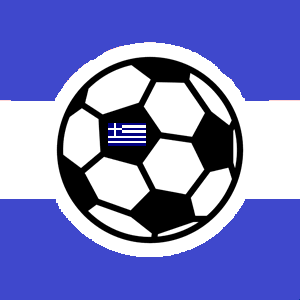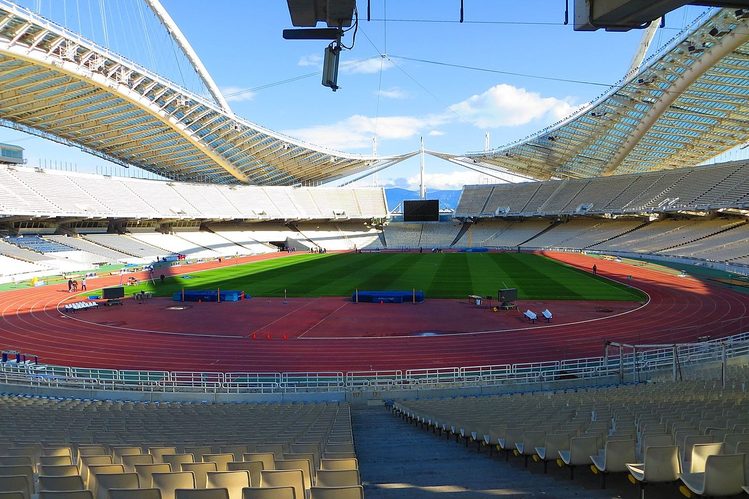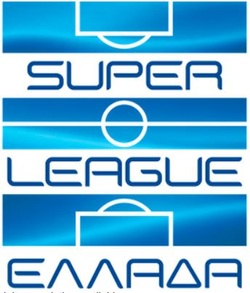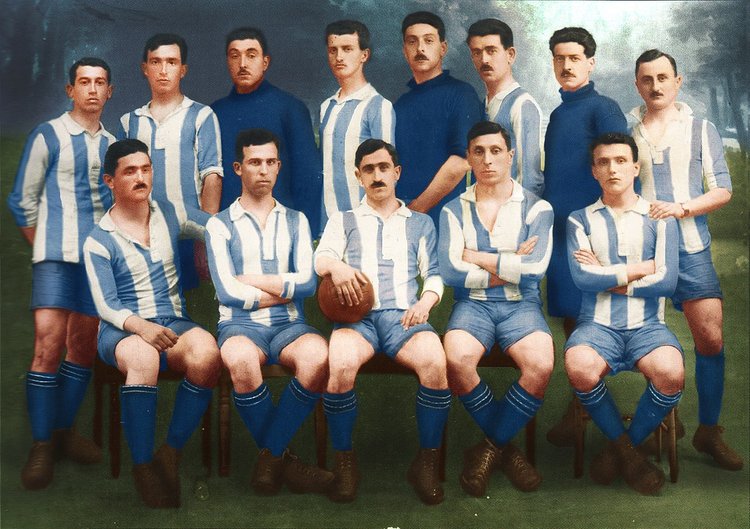
Despite boasting well-known clubs such as Olympiacos and Panathinaikos, football isn’t the first thing you tend to think of when you turn your mind to the different sports played in the country of Greece.
As the home of the Olympics, your mind is naturally drawn to athletics, running, and statues of men with chiselled chests and perfect features.
Football is, nevertheless, a popular pastime in the Hellenic nation and some even argue that the sport has its origins there rather than in England as is commonly thought.
Here’s some info about the ties between football and Greece.
Greek Stadiums

At the other there is the rather more sedate atmosphere offered by the 2000+ capacity Paneipirotiko Stadium. In between there is the full gamut of football grounds, though the majority have room for less than 10,000 people.
Obviously the larger stadiums tend to belong to the bigger, more successful teams in the country, yet the next smallest after the Olympic Stadium is the Georgios Karaiskakis Stadium with a capacity of 32,115 – less than half.
Greek Leagues
 The Panhellenic Championship was the first professional league established in the country and that didn’t come into existence until 1927.
The Panhellenic Championship was the first professional league established in the country and that didn’t come into existence until 1927.
Nowadays there are four levels to the Hellenic Football League system, of which the top two are considered to be professional and entitled to play in the Greek Cup.
The other two levels can take part in its sister competition, the Greek Football Amateur Cup.
The Superleague Greece stands at the top of the pile, followed closely by the Football League. Then there’s the Gamma Ethniki and the Local Championships.
These are the four tiers that enjoy a system of relegation and promotion from and to each other.
Greece National Team
 The Hellenic Football Federation is the governing body of the Greece national team.
The Hellenic Football Federation is the governing body of the Greece national team.
Though the likes of England are considered to be a bigger footballing nation and lay claim to a World Cup win, Greece are one of just ten sides that have won the UEFA European Championships.
They did so against all expectation in 2004 when the competition was held in Portugal and they beat the host nation in the final.
Since 2004 there have been seven major tournaments to date, of which Greece have qualified to play in four.
Key Stats
| Greece National Team Statistics | |
|---|---|
| Year Formed | 1906 |
| Home Stadium | Georgios Karaiskakis Stadium |
| Stadium Capacity | 32,115 |
| Major Honours | UEFA European Championship (2004) |
| Current Manager | John van’t Schip |
| Top Scorer | Nikos Anastopoulos (29) |
| Most Caps | Giorgos Karagounis (139) |
| Best Performance at World Cup | Last 16 (2014) |
| Best Performance at European Championships | Winners (2004) |
| Kit Colours | White & Blue (Home), Blue & White (Away) |
History Of Football In Greece

Games involving balls and the use of feet have taken place in Greece since the days of the Ancient Greeks. The Greek playwright Antiphanes, writing in around 388-311 BC, referred to a sport called Episkyros that the Romans later adapted into their game harpastum.
If you’re talking about the modern day game, though, then you’ll need to fast forward from Antiphanes day to the 1890s when British sailors were based in Corfu and were looking to play a game against a local team. From then numerous sides began to spring up in the Greek communities of the Smyrna region, the part of Turkey that is now known as İzmir.
